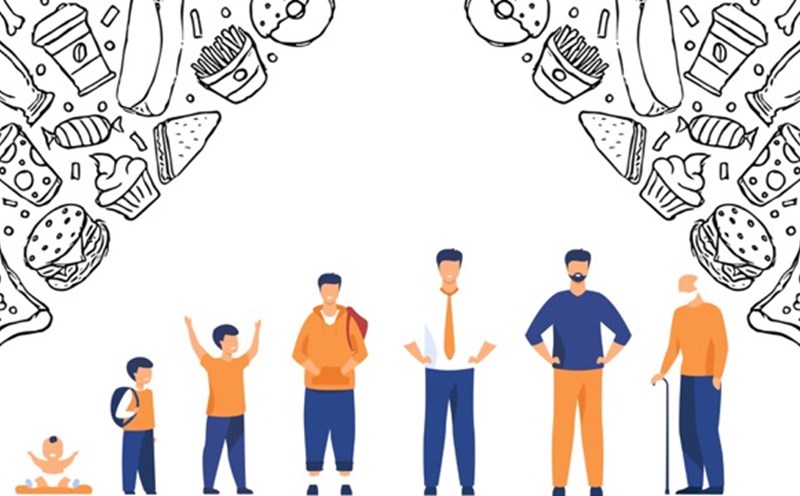According to medical experts, this behavior can lead to bloating, indigestion, weight gain and affect the ability to absorb nutrients.
Dr. Manjusha Agarwal - senior consultant in internal medicine at Gleneagles Hospital Parel Mumbai - said that eating quickly causes swallowing up a lot of air, thereby increasing the feeling of fullness and flatulence. In addition, when food is not chewed thoroughly, the stomach has to work harder to digest, causing acid reflux and indigestion.
At the same time, the brain cannot receive the signal of fullness in time, leading to the risk of overeating, gaining weight, and even metabolic disorders.
Another less noticeable consequence is the decline in metabolic rate when eating quickly regularly. According to Dr. Agarwal, this affects the ability to absorb nutrients, making the body susceptible to fatigue and lack of energy even if the portion of food remains unchanged.
To improve this condition, experts recommend eating slowly, chewing thoroughly and dividing each piece of food into small pieces. Maintaining a slow eating rate not only helps the stomach digest effectively but also creates conditions for the body to absorb maximum nutrients from food.
In addition, eating in a quiet environment, not interrupted by phones or TVs will help you focus more on chewing and feeling the portion sizes. Limiting water intake during meals is also a helpful measure. Instead, you should drink water about 20 - 30 minutes before eating to support the digestive process better.
Simple changes in eating habits, if maintained properly, can bring long-term benefits to the digestive system and overall health.











